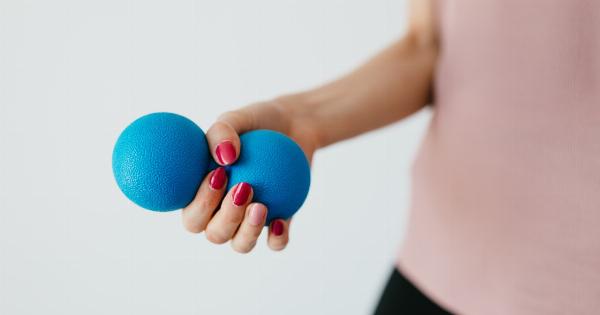Anxiety is a common problem that affects millions of people worldwide. It can be triggered by a variety of factors, including stress, trauma, and even diet. In fact, what you eat can play a significant role in your mental health.
A well-balanced diet can help reduce anxiety and alleviate symptoms. In this article, we’ll explore the ultimate guide to beating anxiety with diet.
1. Focus on whole foods
Whole foods, such as fruits, vegetables, whole grains, and lean proteins, should form the foundation of your diet. These foods contain essential nutrients that help reduce inflammation and improve brain function.
They also provide your body with the necessary fuel to combat stress and anxiety.
2. Reduce your caffeine intake
Caffeine is a stimulant that can increase anxiety and disrupt sleep patterns. Therefore, it’s best to limit your intake to one or two cups a day. You can also consider switching to decaf or herbal tea.
3. Eat more omega-3 fatty acids
Omega-3 fatty acids are essential fats that your body needs but cannot produce on its own. They help improve brain function and reduce inflammation. You can find omega-3s in fatty fish, such as salmon, as well as in nuts and seeds.
4. Incorporate probiotics into your diet
Gut health is essential for overall health, including mental health. Probiotics are beneficial bacteria that can help reduce anxiety and depression. You can find probiotics in fermented foods, such as yogurt, kefir, and sauerkraut.
5. Avoid processed foods and sugar
Processed foods and sugar can wreak havoc on your mental health. They can disrupt your blood sugar levels and cause inflammation, which can increase anxiety. It’s best to avoid these foods or limit them as much as possible.
6. Eat foods rich in magnesium
Magnesium is a mineral that can help reduce anxiety and promote relaxation. You can find magnesium in leafy greens, nuts, and whole grains.
7. Consider natural supplements
In addition to a healthy diet, natural supplements can also help reduce anxiety and stress. These include herbs such as chamomile, valerian root, and passionflower, as well as supplements such as magnesium and vitamin D.
8. Drink plenty of water
Dehydration can exacerbate anxiety symptoms, so it’s important to drink plenty of water throughout the day. Aim for at least eight glasses a day.
9. Practice mindful eating
Mindful eating involves paying attention to your food and savoring every bite. It can help reduce stress and anxiety and improve digestion. Take the time to enjoy your meals and avoid distractions, such as your phone or television.
10. Consult with a professional
If you’re struggling with anxiety, it’s important to seek professional help. A mental health professional can help you develop a treatment plan that includes diet, exercise, and other lifestyle changes.































